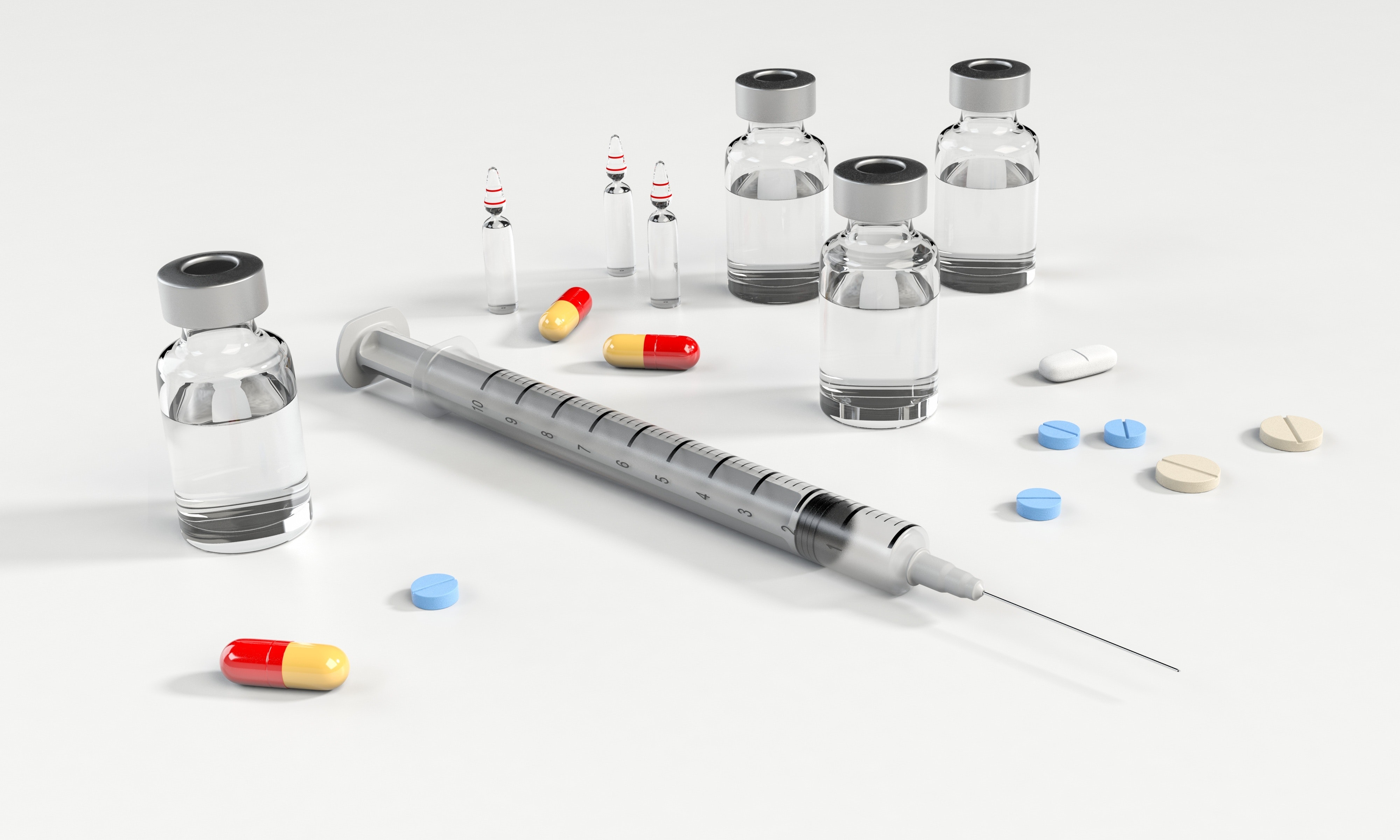Know More About
Opioid Use & Addiction
Drug addiction is a complicated and devastating illness. Whether you have a loved one who struggles with opioid abuse or are looking to guide your child toward healthy choices, here are some resources you can use.
What Are Some Forms of Fentanyl?
Fentanyl can come in the form of transdermal patches, tablets, lozenges, powder and more.
Prescription fentanyl can go by:
- Abstral
- Actiq
- Duragesic
- Lazanda
- Sublimaze
- Subsys
Slang references to fentanyl include:
- Apache
- China Girl
- Dance Fever
- Goodfella
- Jackpot
- Murder 8
- TNT
What are the Signs and Symptoms of Heroin and Fentanyl Abuse?
Similarly to other opioids, fentanyl and heroin pose a great risk for addiction and abuse. Abuse without tolerance to opioids is especially dangerous and can depress the respiratory system to the point of failure. When combined with other illicit narcotics or stimulants, fentanyl’s side effects are amplified.
Physical signs and symptoms may include:
- Headaches
- Dizziness
- Slowed breathing
- Seizures
- Blurred vision
- Nausea and vomiting
- Itching
- Euphoria
- Mellowness
- Drowsiness
- Constipation
Fentanyl users may show behavioral changes such as:
- Changes in relationships with family members and friends
- Decline in academic performance
- Loss of interest in activities he or she once loved
- Change in eating and/or sleeping habits
- Trouble at school or with the law
How Can I Help My Child?
Being able to talk with your children about the dangers of opioids and fentanyl is extremely important in this era of abuse and overdose. That’s not to say it’s an easy process. No matter what stage of life your son or daughter is in, there are ways you can be proactive in helping them make the right choices.
Talk About the Risks
Remember that it’s never too early to talk to your kids about the risks of using all drugs, including fentanyl, whether prescription or not.
Making Healthy Choices
You can have discussions about making healthy decisions first, whether it’s eating, exercise or spending your time on productive and engaging activities. This can open the door for drug and opioid abuse conversations later on if your kids are very young.
Maintain Open Communication
Keeping the communication line open is key to making sure your children feel comfortable enough to share with you. As you show you’re comfortable in discussing the risks of fentanyl and opioids, your son or daughter may feel more at ease asking you their questions and sharing concerns.
Explain the Dangers
There is a myth amongst some teenagers and young adults that not all street drugs are dangerous, but this is completely false. Let your kids know that all drugs pose a serious risk to your health and can even lead to overdose or death. There is no way to fully confirm if street drugs are laced with fentanyl or not. And even trace amounts of fentanyl can be deadly.
Carefully Monitor Prescription Opioids in Your House
If anyone in your home has been prescribed opioids for pain, it is vital to make sure these drugs are accounted for and disposed of properly.
Where Can We Go For Help?
There are many places that offer resources and services for fentanyl addiction treatment and recovery.
You can begin by bringing your child to a physician who can screen for signs of drug use. You can ask for a referral to an addiction specialist as well or the American Society of Addiction Medicine offers a database where you can find board-certified physicians near you.
Treatment plans are tailored to each patient’s unique abuse patterns and symptoms. There are support groups available both for teen users and their families to help guide you through the confusing and difficult experience of opioid addiction treatment.
It takes a lot of courage and strength to approach your child about his or her potential drug problem. Treatment and recovery, similarly, take a lot of work. But they are possible, and the hard work is worth it.

Donate to Know More
Know More Inc. wants families and friends of opioid addicts to know there is hope ahead. And we also know there is always more work to do. By donating today, you can help provide healing to those affected by heroin and fentanyl addiction.
